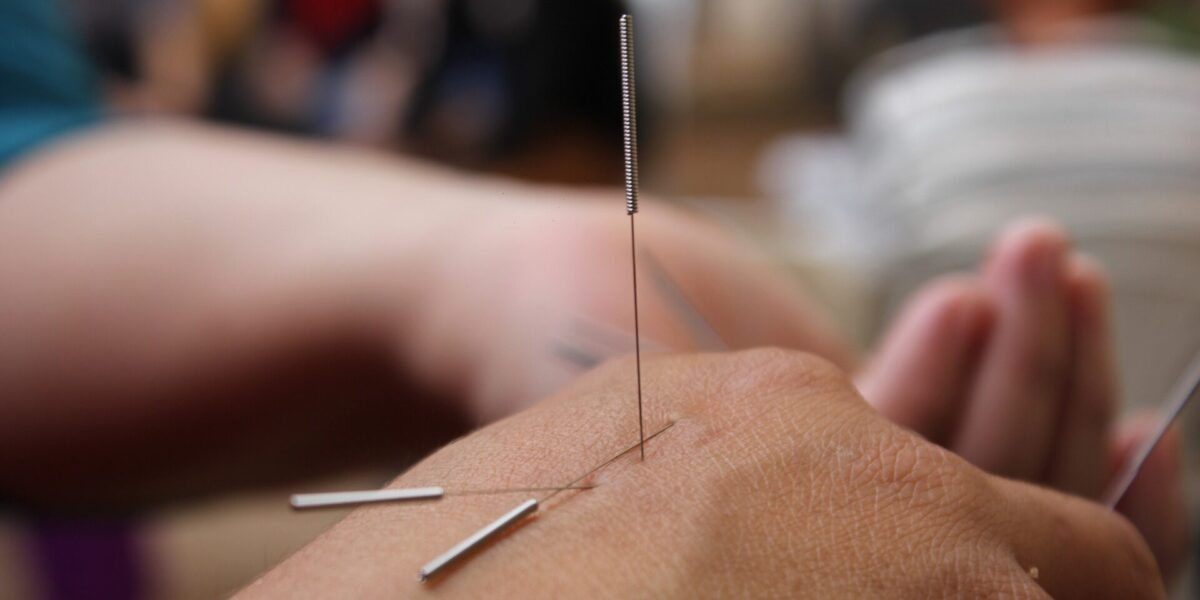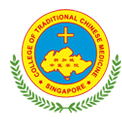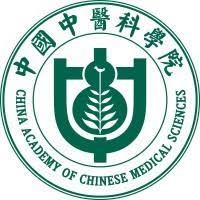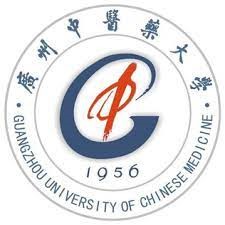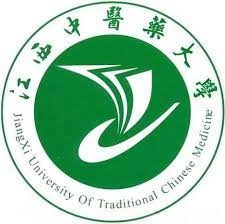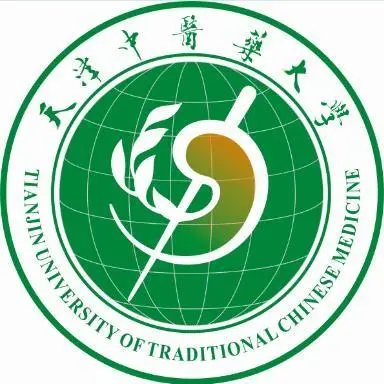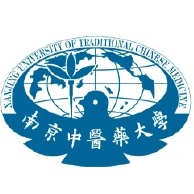Bachelor of Science (BSc) in TCM – perfect know-how for successful future therapists.
(180 ECTS)
Find the right start for your personal TCM career with the Bachelor of Science in TCM program and always keep your milestone goal in mind to be a TCM therapist after only three years of study.
Duration of study Bachelor of Science (BSc) in TCM
The TCM Bachelor’s degree program comprises 180 ECTS, which corresponds to an indicative study time of three years for full-time study or 4.5 years for part-time study.
The maximum study time for the Bachelor’s program is generally twice the indicative study time. If the maximum duration of study is exceeded, students are automatically exmatriculated, i.e. they can no longer obtain a degree from SWISS TCM UNI for the corresponding course of study. In cases of hardship, the university management can extend the study period.
Learn how TCM thinking, diagnostic methods, interpreting the results, diagnoses, assessing indications and contraindications, prognosis of the case, therapy concept, implementation of therapy, health culture in the entire therapy process, and evaluation of TCM with integrative medicine can meaningfully and effectively complement, support and bring it into a new dimension.
Prof. Dr. TCM (CN) Dr. med. Yiming Li
Promotion of development and young talents in TCM with integrative medicine
The development and progress in TCM with integrative medicine can be found in the promotion of young talents. SWISS TCM UNI lives a culture of research and development where students participate from day one and are in close and creative dialogue with their lecturers regarding their ideas and considerations.
In the research culture of SWISS TCM UNI, students’ research ideas are warmly welcomed. SWISS TCM UNI encourages interest and enthusiasm for scientific research from the very beginning. The research topics are closely linked to teaching as well as clinical internships. In this way, SWISS TCM UNI ensures that students are close to research projects from day one. From the 1st semester onwards, they can participate in basic research under the guidance of the lecturers. From the 3rd semester onwards, they already have the opportunity to participate in clinical research.
Application for Bachelor of Science (BSc) in TCM
The application deadline for a Bachelor of Science program in autumn is 1 July and for the start in spring 1 January.
Admission requirements
§2.1 Admission to the Bachelor’s program. In individual cases, the university management decides together with the study commission.
Individual modules
Individual modules may be attended if the above-mentioned prerequisites are met or if no specific conditions are specified. ECTS credits are only awarded if the admission requirements for the degree program have been met and the module examination has been successfully passed.
Language skills
The language of instruction is German. The written and oral examinations are also held in German. For the successful study, students should therefore already have a knowledge of German at the level of at least B1 according to the European Framework of Reference for Languages at the beginning of their studies. Details can be found in the regulations on language requirements at SWISS TCM UNI.
Enrolment
A written application must precede enrolment. Details on enrolment, proof of enrolment, change of personal data, interruption of studies and mobility studies as well as cancellation of enrolment can be found in the Admission Regulations, Point III. Enrolment Procedure.
Modules of Bachelor of Science in TCM (180 ECTS)
These modules teach the essential competencies for conscious and experienced work as a TCM therapist in five stages:
Level 1 – Vocation TCM In the modules Human Sciences, Health Culture, and Basic Knowledge, students acquire a holistic, systematic foundation of TCM.
Level 2 – Harmony TCM views the human being as a Qi (energy) form. The Qi state of the organ systems is understood as anatomy TCM; the function and interaction in and between the organ systems as physiology TCM. When anatomy TCM and physiology TCM are in harmony, this is harmony. Students learn to differentiate the differences between anatomy and physiology in TCM and conventional medicine.
Level 3 – Disharmony The weakness of the Qi state and thus the blockage of function and interaction in and between the organ systems is called pathology TCM. Students learn to use diagnostic methods to identify disharmony according to the integrative approach. They also learn to create and apply analyses and therapy concepts.
Level 4 – Clinical and professional practice Through intensive training in the form of exercises, practical training, and experience in clinical practice, students learn about the connection between TCM and conventional medicine in professional practice. They receive a solid foundation for integrative medicine.
Level 5 – Introduction Students are enabled to work in a health institution in the field of preventive medicine, treatment, rehabilitation, and aftercare.
Educational goal Bachelor of Science (BSc) in TCM
Graduates of the Bachelor in TCM program can make medical assessments of the existing disease process and accompany patients in phases of health as well as in acute and chronic diseases as TCM therapists. In doing so, they ensure that TCM therapy can be applied safely. They can also refer patients to other specialists for further treatment. A completed bachelor’s degree in TCM is the prerequisite for a further master’s degree in TCM and the qualification as a TCM doctor according to Chinese training standards.
TCM training with high practical relevance, the practical training
Outpatient practical training
From the 1st semester onwards, practical days take place 1-3 days per week in TCM practices and institutes recognized by SWISS TCM UNI. The practice days are subject-specific and TCM-related. Students are introduced to everyday practice and take both a passive and an active role. The responsible TCM specialist (doctor) as mentor decides to what extent the students are involved in dealing with patients. The students and the mentor receive an internship plan from SWISS TCM UNI in which the learning objectives and content, as well as qualification criteria, are set out. Since a constant is very important in this area, the practice should not be changed too often.
Ward placements
Nursing internship
Before or at the beginning of their studies, students have to complete a four-week nursing internship in a hospital or other medical institution. They are actively involved in nursing practice and thus experience direct contact with patients and the day-to-day management of illnesses.
Clinical internship
From the 3rd semester onwards, each student has to complete a total of three months of practical training during the semester break. The internships enable students to get to know the everyday working life of a medical doctor. They must be completed during the Bachelor’s program and are a prerequisite for taking part in the Master’s program. The 3 months of the internship must include the following two sections: 1.5 months in a TCM hospital and 1.5 months in a hospital or inpatient rehabilitation facility for conventional medicine.
Study tour
TCM is the quintessence of Chinese health culture and an essential part of Chinese culture. The guided study trip takes students to the roots of TCM. They will visit the historical sites from the history of TCM to grasp the principles and concepts, immerse themselves in the culture of the ancient masters and integrate them from heart to heart. Students will also undertake internships in hospitals and accredited TCM practices.
Download for Bachelor of Science (BSc) in TCM
- Application form
- Medical certificate
- Admission regulations
- Regulations concerning the language requirements of the SWISS TCM UNI
- Curriculum Bachelor of Science in TCM
Enrolment for Bachelor of Science (BSc) in TCM
A complete application for matriculation must include the following documents:
- application form
- complete proof of previous educational background with relevant identification documents (original or officially certified copy)
- passport photo
- proof of payment of the application fee
- Acurrent extract from the criminal record or an equivalent document
- medical certificate (see the medical certificate as a template)
- personal assessment with regard to job-related skills and job motivation
- further documents are required in individual cases
Do you have any questions about the Bachelor of Science (BSc) in TCM?
We will be happy to advise you and help you find the most suitable and possible training path for you.
We appreciate your interest.
Please contact us by phone at +41 56 269 66 05 or via e-mail atinfo@tcmuni.ch.
